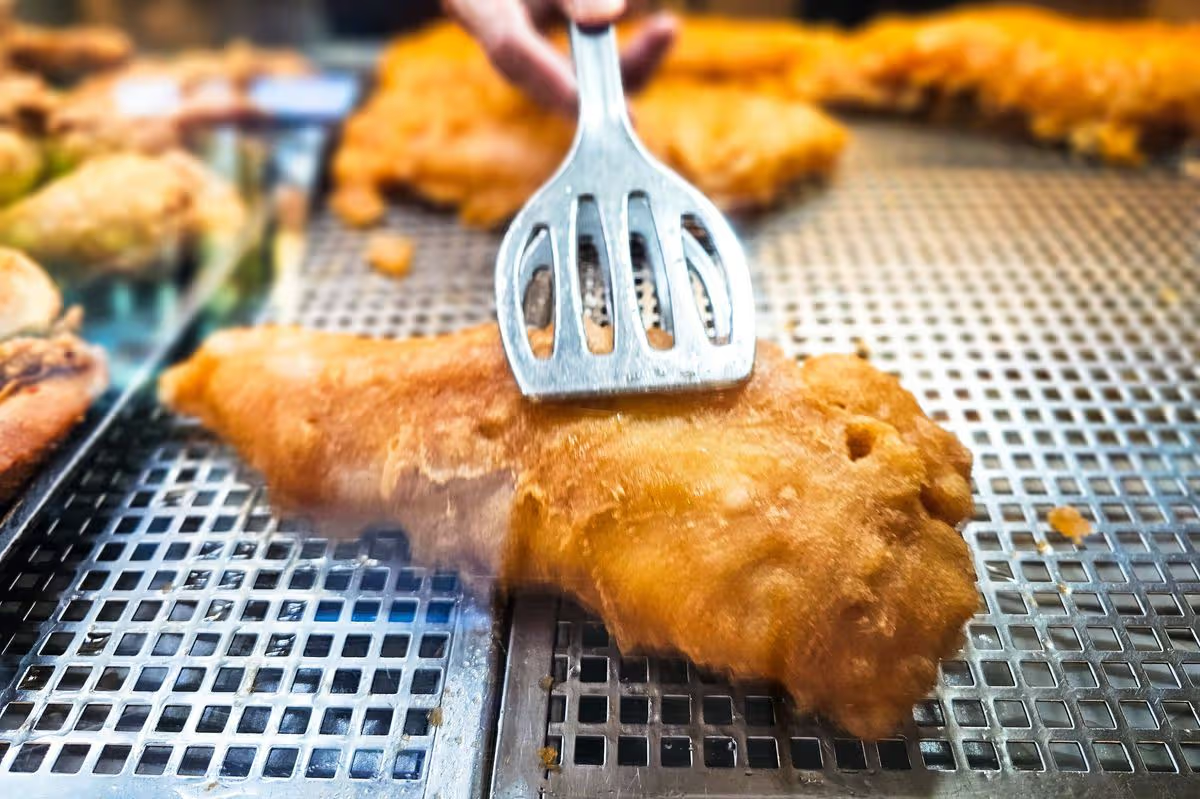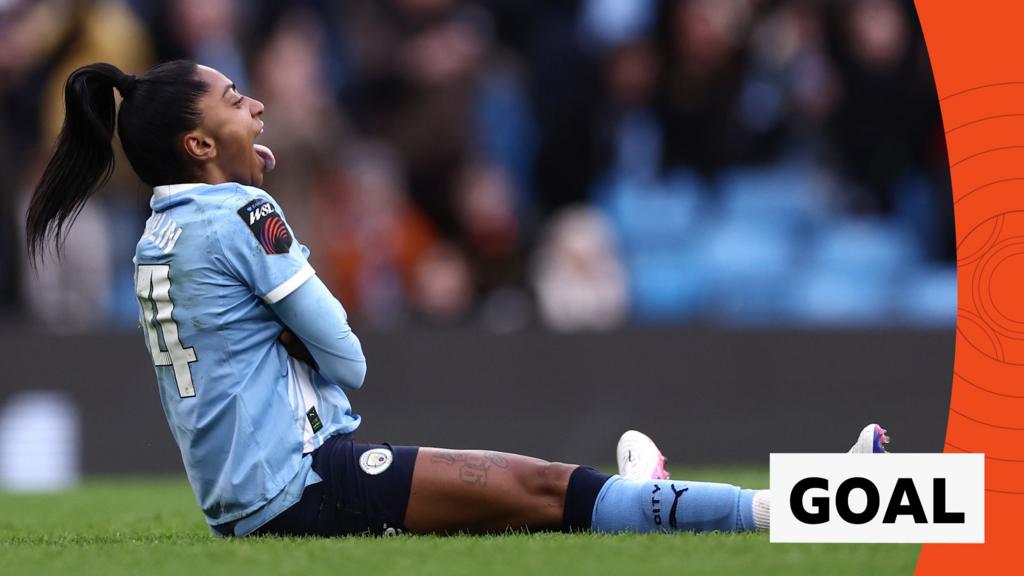The National Fish & Chip Awards 2026 has announced the best places to buy fish and chips in the UK – and four out of the six commended are based in the same region
The ‘Oscars’ of the seafood industry have arrived, revealing precisely where Brits should be heading for their fish and chips.
The National Fish & Chip Awards 2026 celebrated the leading names within the food sector, crowning the champions for both Restaurant and Takeaway of the Year.
The ceremony also recognised the runners-up, exceptional establishments in their own right, having battled against the 10,500+ chippy operators eligible to enter the competition.
Shortlisted candidates, to be considered credible contenders, must demonstrate ‘extensive product knowledge, sustainable business practices, employer integrity, first-rate customer service’ and, naturally, mastery in preparing mouth-watering fish and chips.
What’s particularly striking is that both winners, plus four of the six total commended establishments, are all in Yorkshire – arguably cementing its status as the true home of the British chippy.
Fish and Chip Takeaway of the Year
Claiming the top spot for the nation’s finest takeaway for traditional fish and chips was The Scrap Box in York.
The business was established with ambitions to serve all the villages scattered between York and Pocklington, whilst also catering to visitors heading towards the campsites and coastal areas along the route.
The two co-owners of the establishment, brothers Aman and Gavin Dhesi, are delighted with their accomplishment.
Gavin said: “There are so many outstanding fish and chip shops across the UK and countless awards, but this is the one every chippy dreams of, the ‘Oscars’ of our industry!”.
“With the most rigorous judging and the highest calibre of past winners, it’s a true honour to be recognised at this level.
“To represent the very best of fish and chips for the year ahead is both humbling and hugely meaningful to our team and a testament to the craft, care, and consistency we put into every portion of fish and chips.”
Fish and Chip Restaurant of the Year
Taking the top spot for 2026 as the nation’s finest fish and chip restaurant was Trenchers of Whitby in Whitby, Yorkshire.
Originally opened in 1980, this eatery is far from being a newcomer and has firmly established itself within the industry over the years, perfecting the art of delicious seafood.
Their website explains: “At Trenchers New Quay Road, we fry using the traditional method of beef dripping to ensure the best possible product for our customers.
“With options including seafood salads, crab, lobster, fresh fish, homemade pies and lasagnes, Whitby scampi, vegetarian options and a dedicated children’s menu, there truly is something for everyone.”
Among the runners-up are several exceptional chippies and eateries also carving out reputations within the sector, and remarkably, many of the winners hail from Yorkshire.
Taking second spot for the finest fish and chip takeaway was The Fish Works, located in Largs, Scotland, with Shaws Fish & Chips of Dodworth in Barnsley, Yorkshire, claiming third position.
Meanwhile, in the battle for restaurant of the year honours, second place went to the highly-regarded Noah’s in Bristol. Third place was secured by Whitby’s Restaurant & Take Away in – you’ve guessed it – Yorkshire, more precisely in Rotherham.
Andrew Crook, president of the National Federation of Fish Friers, who sat on this year’s judging panel, said: “It’s been clear from the start that those competing came with serious agendas to elevate industry best practice like never before, and we are so proud to say these are the winners!”.
He added: “Fish and chip businesses are the backbone of the takeaway space; the heritage is like no other, and our winners represent tradition and the future to the highest degree.”
Ensure our latest headlines always appear at the top of your Google Search by making us a Preferred Source. Click here to activate or add us as your Preferred Source in your Google search settings.


